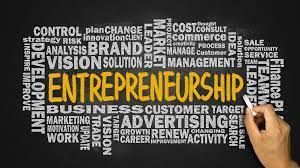The Circular Flow of Income in the Irish Economy
I remember thinking "The Circular Flow of Income" explains so much about how the economy works!
In this Positive Economics webinar, I focused on Alan's story:
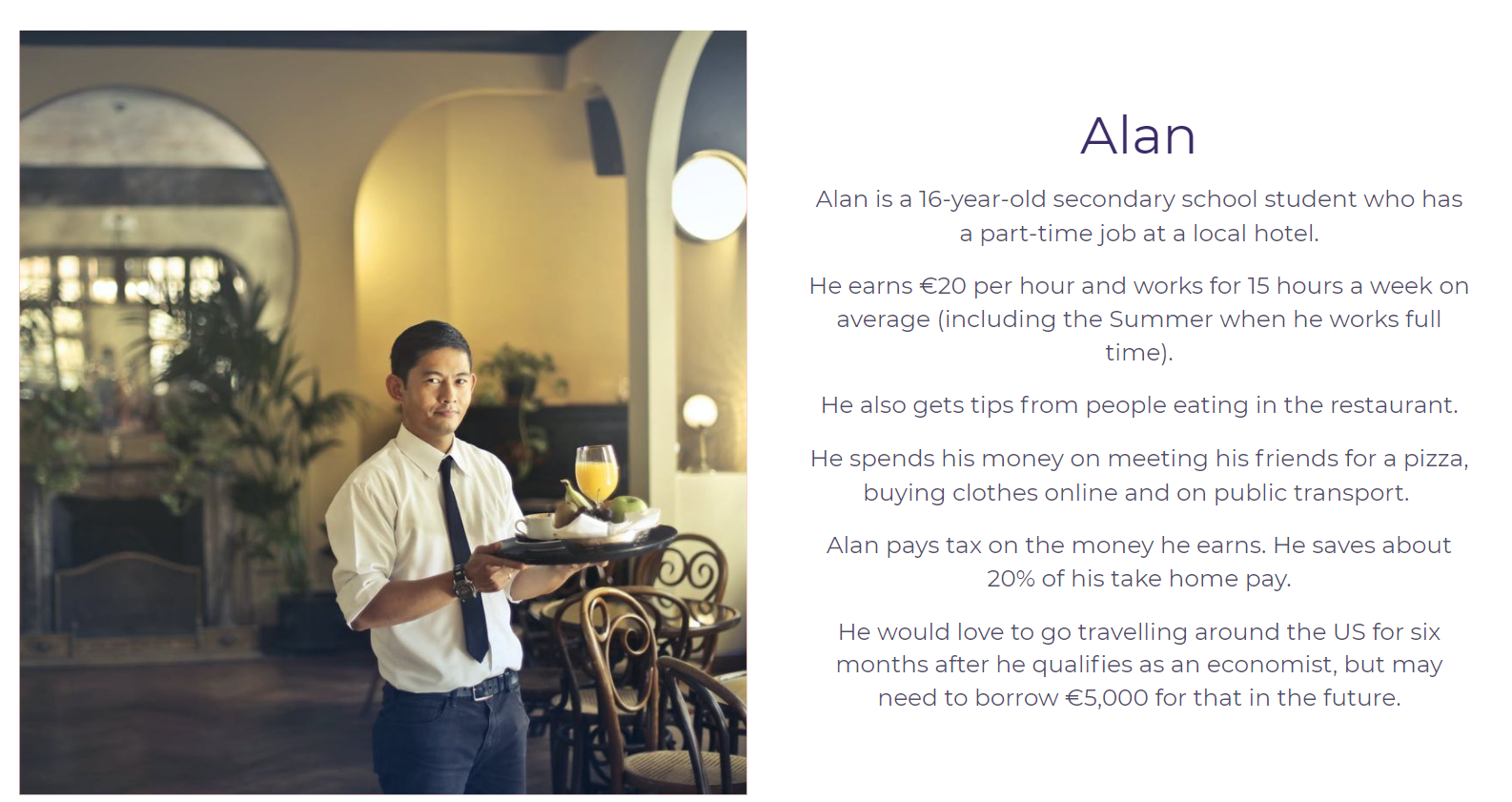
Let's get a quick snapshot of the theory:
The circular flow of income refers to the continuous movement of money between households, businesses, and the government. In Ireland, this flow is driven by consumer spending, investment, and government spending. Injections refer to the amount of money that is added to the economy through investment, government spending, and exports. On the other hand, leakages refer to the amount of money that is taken out of the economy through savings, taxes, and imports.
Households are the primary source of consumer spending. They purchase goods and services from businesses, which in turn generate revenue. This revenue is then used to pay wages and salaries to employees, who are also members of households. The cycle continues as these employees use their income to make purchases, creating a continuous flow of money.
Specifically, Alan spends his money by going to the pizzeria, while he earns money from working in the hotel.
Businesses also invest in capital goods, such as machinery and equipment, to increase production and efficiency. This investment creates jobs and generates income for households, further contributing to the circular flow of income.
Specifically, the entrepreneur needs spends his money by going to the pizzeria, while he earns money from working in the hotel. The entrepreneur who set up a pizzeria that Alan goes to would have utilised the four factors of production - land, labour, capital, and entrepreneurship - to establish her business.
- Land: The entrepreneur would have needed a physical location to set up her pizzeria.
- Labour: The entrepreneur would have hired employees to help run the pizzeria.
- Capital: The entrepreneur would have needed funds to buy equipment and supplies, paying rent and utilities, and covering employee salaries. S
- Entrepreneurship: The entrepreneur would have used her skills and knowledge to identify a gap in the market and create a different experience.
The government plays a role in the circular flow of income through its spending on public goods and services, such as education and healthcare. This spending creates jobs and income for households, while also providing essential services to the community. It funds this through collecting money through taxes.
We looked at how different governments tax incomes through https://salaryaftertax.com/
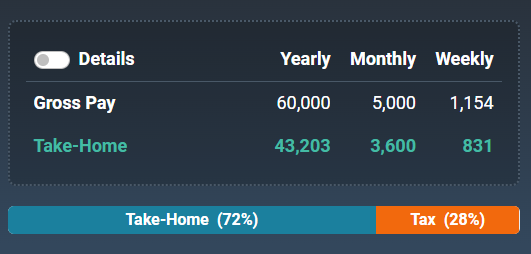

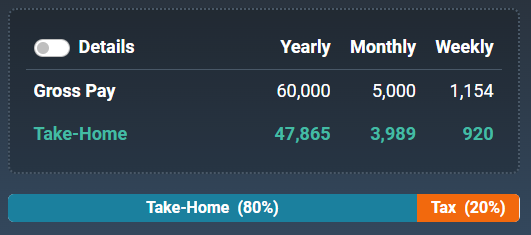
We also noted the news shared today that "Income tax receipts of €10.4 billion to the end of April were up 9.4 per cent or €894 million on the first four months of 2022. The Government collected income tax of almost €3.1 billion in April alone, which was up 12.5 per cent or €339 million on the sum recorded for April 2022."
We also examined the government's plans to spend €103.5 billion in 2023.
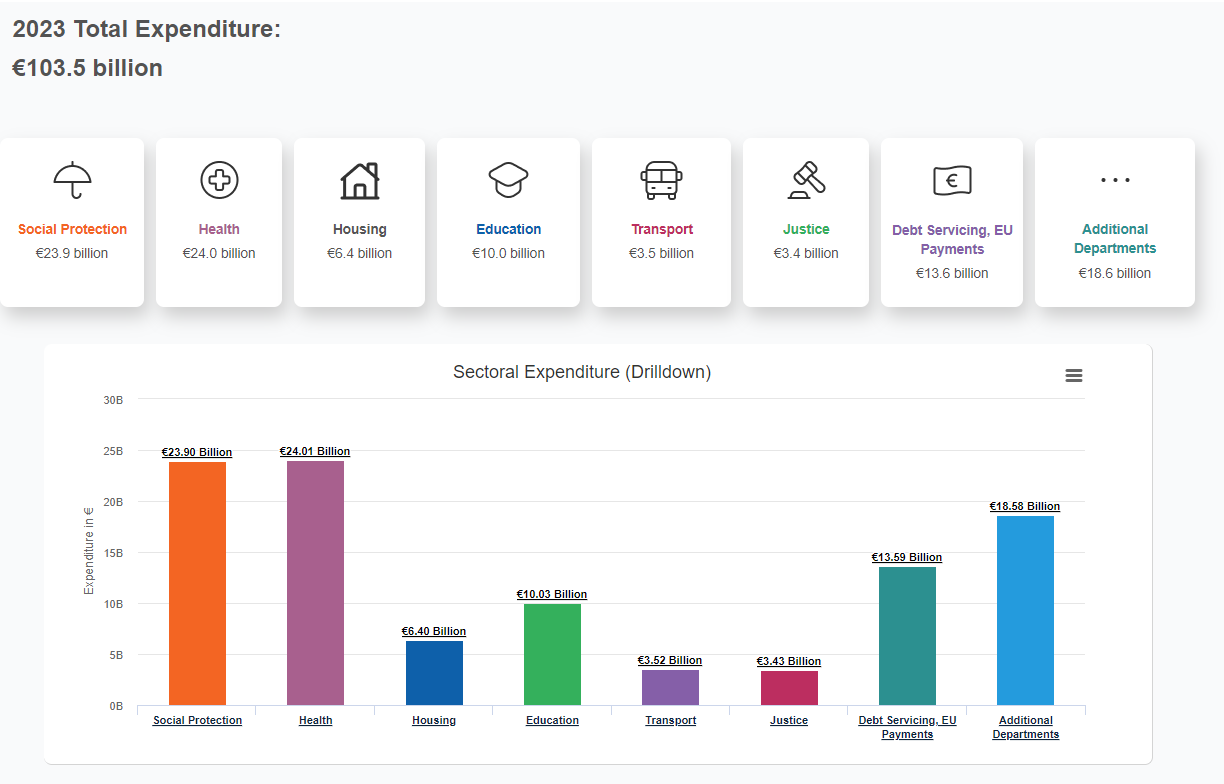
Financial institutions also play a role. Financial institutions such as banks, credit unions, and investment firms provide loans and other financial services to businesses and individuals. Additionally, they also offer savings accounts and other investment options that allow individuals to earn interest on their money.
Specifically, Alan saves about 20% of his earnings (which is similar to the average saver in Ireland at the end of 2022) and he may want to borrow to go travelling in the US in a few years.
Imports and exports play a crucial role in the circular flow of income. Imports refer to goods and services that are purchased from other countries, while exports refer to goods and services that are sold to other countries. Both imports and exports contribute to the overall flow of goods and services in the economy, but exports are an injection whereas imports are a leakage in the economy.
Ireland has been exporting more goods than it has been importing, as per the below graph from CSO. Specifically, in February 2023, Ireland has exported €17.2 billion while importing €11.9 billion worth of goods.
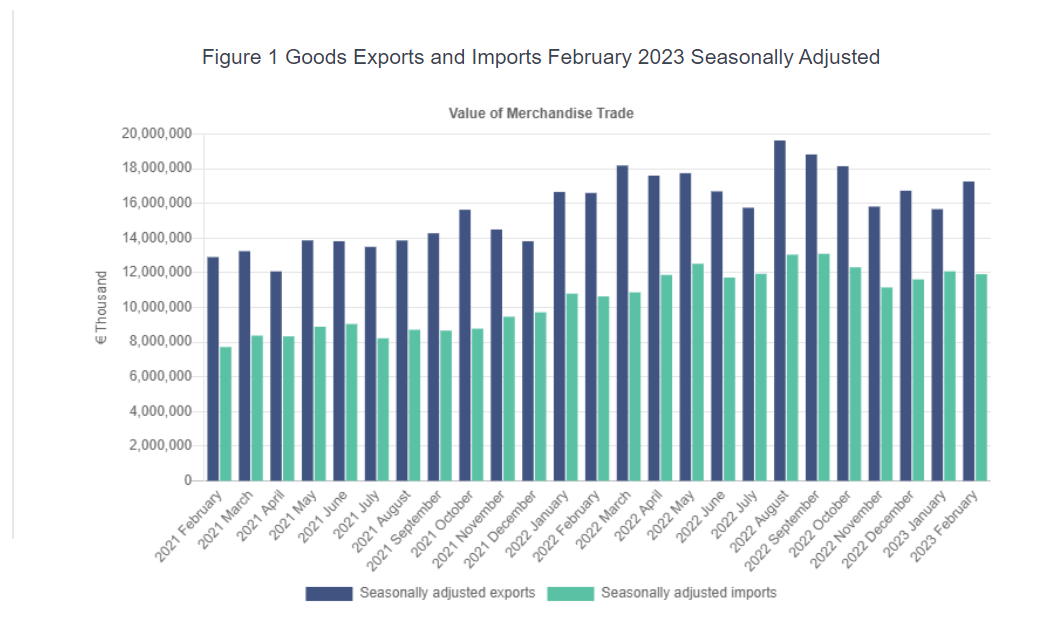
In the full Positive Economics webinar, we also talked about Marginal Propensity to Consume, transfer payments, differing economic behaviours around the world and shocks to the circular flow!
Check out the full episode on YouTube and join our mailing list to make sure you're automatically updated for the next one!


